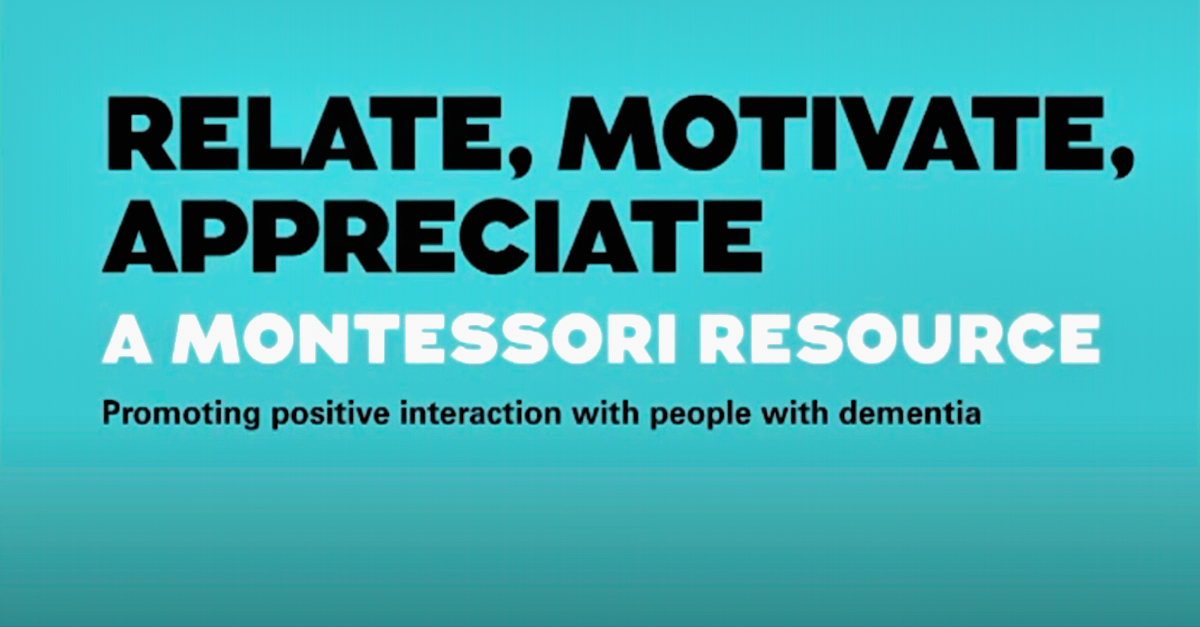Navigating Truth and Compassion: Should You Correct Someone with Dementia?

Should you correct someone with dementia?
One of the most challenging aspects of care for family members and caregivers of individuals with dementia, including Alzheimer’s disease, is deciding when—or if—to correct misstatements or confused recollections. While the instinct to correct inaccuracies is natural, it’s crucial to approach these situations with sensitivity and understanding. This article explores the complexities of this issue and provides guidance based on expert opinions and research findings.
Understanding the dementia experience
Before delving into correction strategies, it’s essential to understand the experience of someone living with dementia. Dr. Steven Sabat, Professor Emeritus of Psychology at Georgetown University, explains, “Just because you have certain kinds of difficulties, doesn’t mean you cease to be a person. People diagnosed with dementia have more in common with people who don’t than we generally assume. We have to remember the commonalities that we share.”
Dementia affects not just memory, but also perception, reasoning, and communication. What may seem like a simple misstatement to a caregiver could be the result of complex cognitive processes attempting to make sense of a confusing world.
The impact of correction
Research suggests that constantly correcting a person with dementia can have negative effects on their emotional well-being and cognitive function. Multiple studies have concluded that frequent correction can lead to increased agitation, anxiety, and a decrease in self-esteem among people with dementia.
Moreover, correction often fails to achieve its intended purpose. Due to the nature of memory challenges in dementia, corrected information is unlikely to be retained, potentially leading to a cycle of repeated corrections and mounting frustration for both the person and the caregiver.
When to avoid correction
When correction may be necessary
While avoiding unnecessary correction is generally advisable, there are situations where correction or redirection is important:
Strategies for gentle correction
When correction is necessary, experts recommend using validation therapy techniques. Dr. Naomi Feil, founder of the Validation Training Institute, suggests:
The Role of Therapeutic Fibbing
In some cases, healthcare professionals advocate for what’s known as “therapeutic fibbing” – small white lies that prevent unnecessary distress. The Alzheimer’s Association notes that while honesty is generally the best policy, there are times when a small fib can prevent significant emotional turmoil for a person with dementia.
For example, if a person is repeatedly asking for a deceased spouse, constantly reminding them of the loss can cause repeated grief. In such cases, a therapeutic fib like “He’s at work right now” followed by redirection to another topic might be more compassionate.
However, this approach should be used judiciously and primarily for the person’s benefit, not for the caregiver’s convenience. It is essential to maintain trust and use this technique when the truth would cause significant distress.
Caring for someone with dementia requires a delicate balance between honesty and compassion. By focusing on the emotional needs of the person and prioritizing their well-being over factual accuracy, caregivers can create a more supportive and positive environment.
Remember, the goal is not to win arguments or prove points, but to ensure the comfort, safety, and dignity of our loved ones living with dementia. Every person with dementia is unique, and strategies may need to be adapted over time as the disease progresses. By approaching care with empathy, flexibility, and an understanding of the complex cognitive challenges faced by those with dementia, we can significantly improve their quality of life and strengthen our connections with them.






